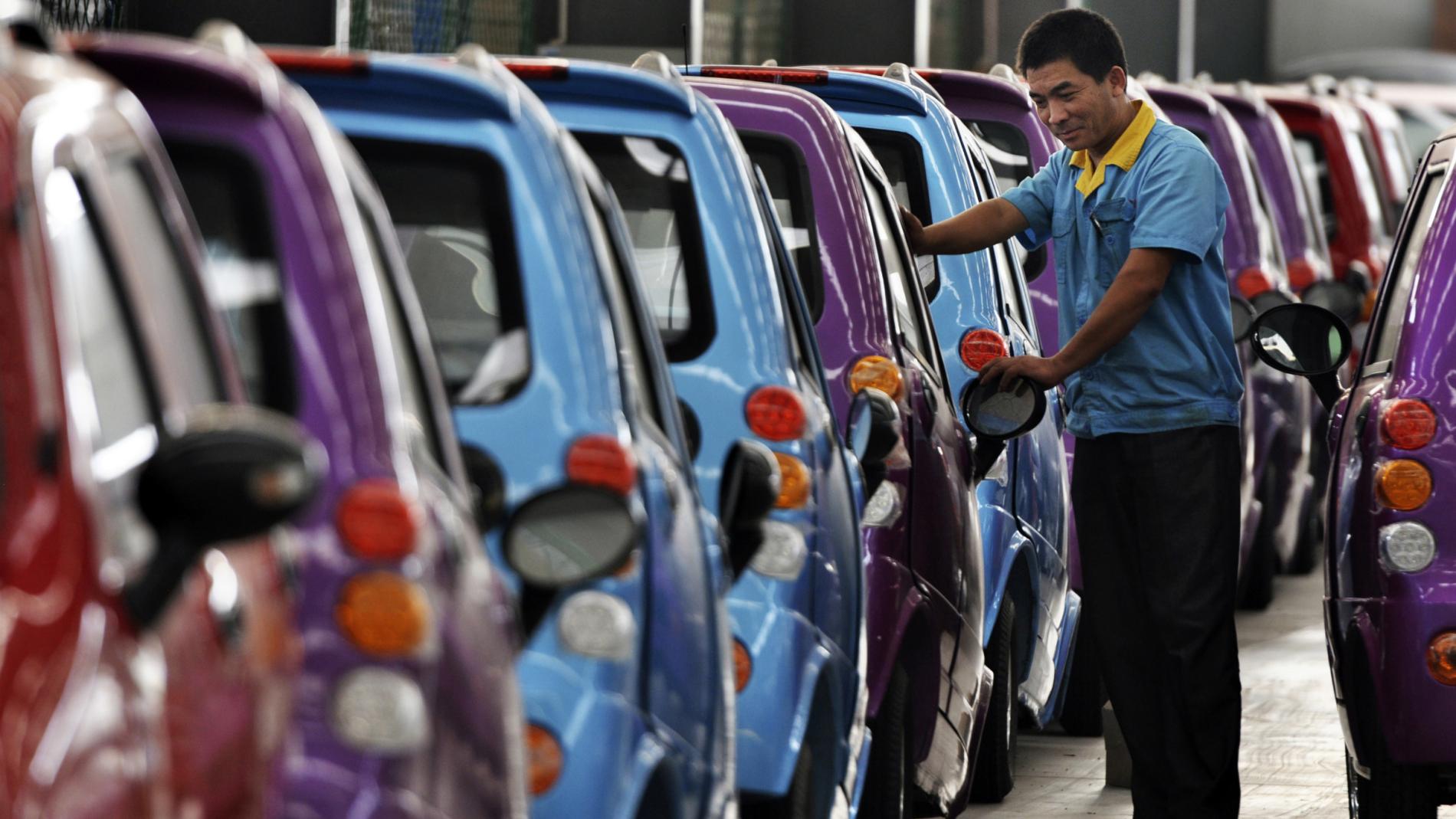One country is the electric car market for the world
The Chevrolet Bolt isn’t selling all that well in the US. Neither are other companies’ electric cars: Sales are way up, but compared to the roaring trade in conventional vehicles, US electric car sales represent just 1% of the total.


The Chevrolet Bolt isn’t selling all that well in the US. Neither are other companies’ electric cars: Sales are way up, but compared to the roaring trade in conventional vehicles, US electric car sales represent just 1% of the total.
In China, carmakers can barely keep up. General Motors, Chevy’s parent company, is planning to launch 10 electric vehicles (EVs) in China by 2020; Tesla plans to build a plant in Shanghai capable of manufacturing 500,000 vehicles a year in the next two years; and there are now 500 domestic EV manufacturers in the country.
The Chinese will likely buy more than 1 million EVs this year—a number set to double within two years—according to a report shared with Quartz from Cairn Energy Research Advisors (ERA), an energy research and consulting firm. EV sales in China are projected to exceed 2.35 million by 2020, and account for half the world’s market over the next decade, Cairn expects.
In China, policy, not economics, is the main driver for electric-vehicle growth. The largest “socialist market economy” (a European Union report describing China’s economy mentions “distortion” and “intervention” nearly 200 times) is now the world’s largest oil importer, and emitter of greenhouse gases. To counter this, the country is dead-set on an electrified future. Policies and financial incentives for “New Energy Vehicles,” China’s designation for electric vehicles, are the most robust in the world, says the International Council on Clean Transportation. China has spent more than $15 billion to support EV sales, manufacturing, and a charging infrastructure.
And the cost of making EVs is falling rapidly—they’re expected to be cheaper to produce than internal combustion engines by 2025. By that time, China may have an unassailable manufacturing edge when internal combustion engines are phased out around 2040 across Europe and other industrialized countries.
“When you hear talk of the ‘EV revolution,’ you’re really talking about China and much less about the rest of the world,” Sam Jaffe, managing director of Cairn ERA, told Quartz over email. “What happens in China in the next 10 years will probably happen in the US starting in 2030, but at that point the Chinese battery industry will have significantly more experience in mass manufacturing batteries than any US company.”